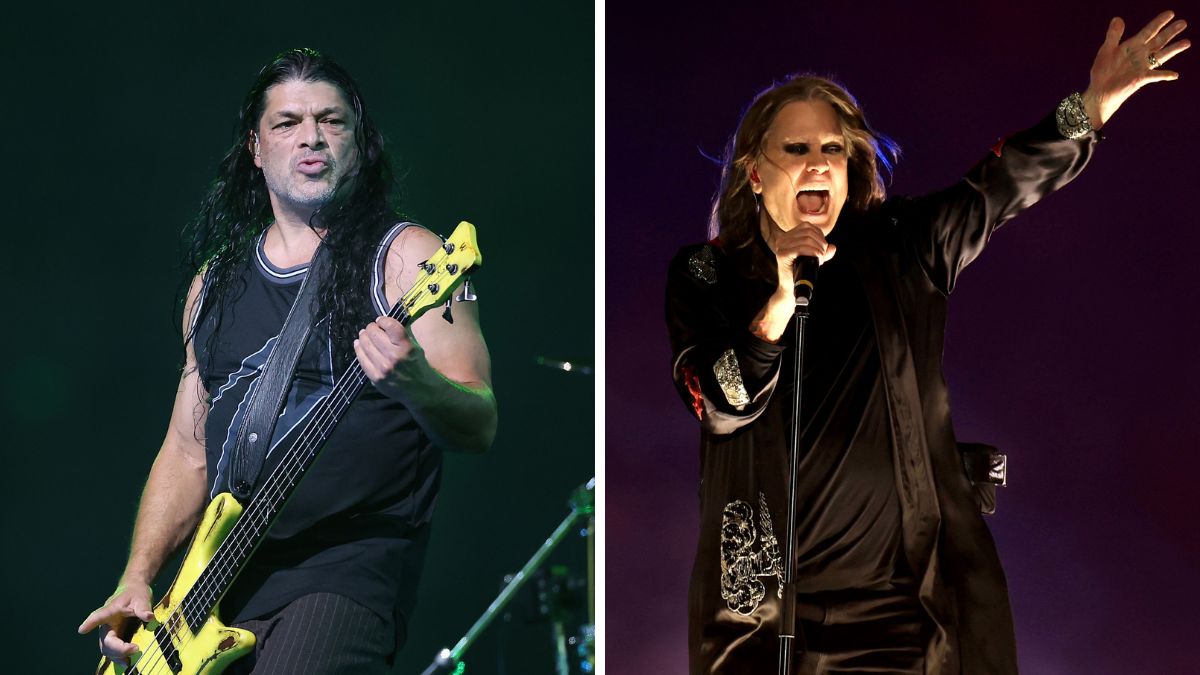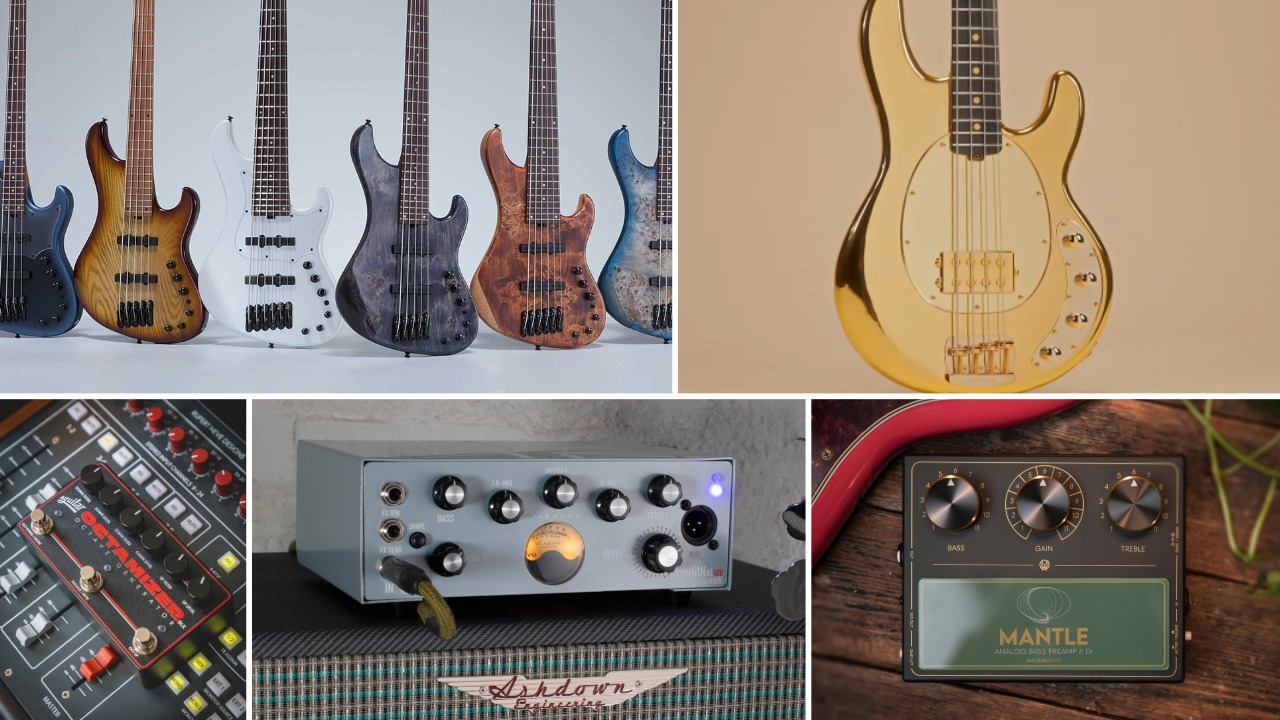“I used to play Black Sabbath and Ozzy Osbourne songs in backyard parties when I was 16. And then all of a sudden, I’m playing in his band”: Robert Trujillo on going from teenage Sabbath fan to Ozzy's bassist
Robert Trujillo recalls the pinch-me moment Ozzy Osbourne told him to play as loud as he wanted to play

Robert Trujillo has recalled the surreal feeling of going from being a teenage Ozzy Osbourne fan to a member of his band. In addition to being a dream gig for Trujillo, one thing really sealed the deal for him to join Osbourne's band.
“I used to play Black Sabbath songs and Ozzy Osbourne solo songs like Crazy Train, and, you know, all these tracks in backyard parties when I was 16. And then all of a sudden, I'm playing in his band, you know, and I'm in front of the guy. And I'm like, ‘Wait a minute, am I dreaming?’” says Trujillo in a Dunlop interview alongside Marcus Miller.
“And the cool thing about him is that he loves bass. So he was like, ‘Rob, listen, I want you to play as loud as you want to play.’ I was like, ‘Yes! I found my man.’”
Surprisingly, Black Sabbath bassist Geezer Butler reported having the complete opposite experience with Osbourne.
In a recent interview with Bass Player, Butler said, “When recording, we would have to put the bass cabs in a different studio completely. It was deafeningly loud. You have to crank it up, but Ozzy doesn't understand that – it drove him nuts. He would never stand in front of the bass rig. He told me to turn it down one night, so for a laugh I turned it up.”
Elsewhere in the interview, Trujillo notes that the bass is “always something that is super-important and vital to any composition that I've ever been a part of.” Naturally, this includes Metallica, in particular, Cliff Burton's groundbreaking basslines.
“Cliff Burton brought the bass to prominence, and had a melodic phrasing and voice to this music in this genre that wasn't supposed to feature bass in that way,” asserts Trijullo.
All the latest guitar news, interviews, lessons, reviews, deals and more, direct to your inbox!
According to him, Burton followed in the footsteps of jazz fusion bassists Stanley Clarke and Jaco Pastorius, who pushed the envelope of what bassists could do.
“They were bringing the bass as an instrument that had a voice that stood out, like the lead guitarist, you know, and all that. And that's what was happening in Metallica and early Metallica. And I thought that was pretty fearless of Cliff, to make that statement with the instrument.”
Janelle is a staff writer at GuitarWorld.com. After a long stint in classical music, Janelle discovered the joys of playing guitar in dingy venues at the age of 13 and has never looked back. Janelle has written extensively about the intersection of music and technology, and how this is shaping the future of the music industry. She also had the pleasure of interviewing Dream Wife, K.Flay, Yīn Yīn, and Black Honey, among others. When she's not writing, you'll find her creating layers of delicious audio lasagna with her art-rock/psych-punk band ĠENN.


